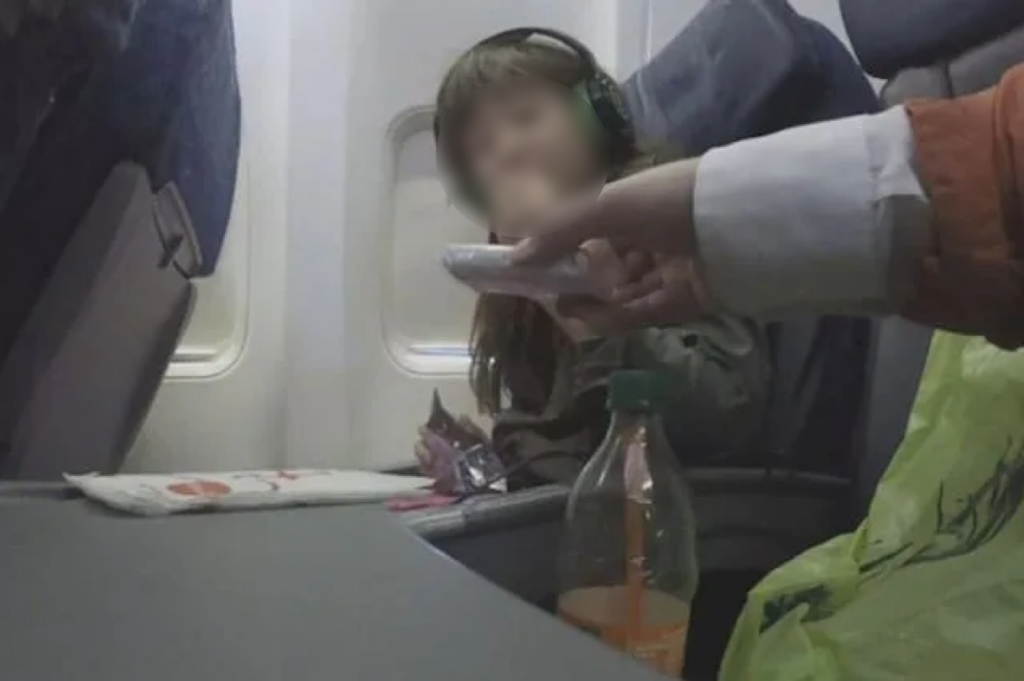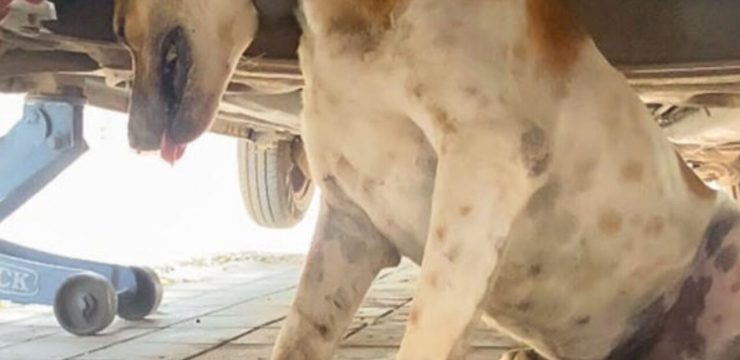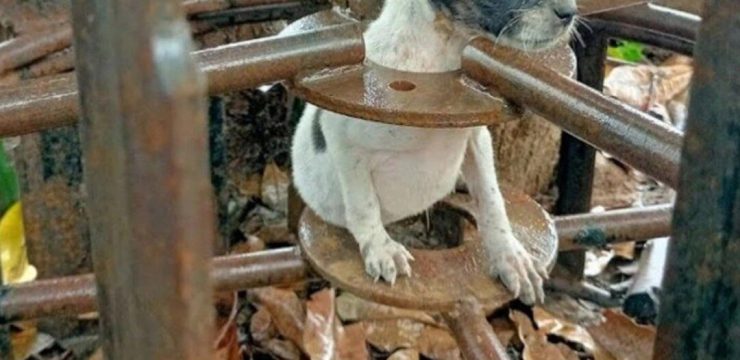For years, airlines have offered “unaccompanied minor” services that claim to keep children safe while flying alone. Parents often pay hundreds of dollars in additional fees for peace of mind, believing their sons or daughters will be closely monitored from takeoff to landing. But how safe are those young travelers, really? A 2016 investigation by Inside Edition sought to find out — and what they uncovered left many parents alarmed and demanding change.

Every weekend, more than 400,000 children travel alone on commercial flights across the United States. Parents pay an extra fee, often around $300, expecting that airline employees will escort their child through the airport, supervise them during the flight, and ensure they are handed safely to the correct guardian upon arrival. But Inside Edition’s hidden camera experiment revealed serious gaps in that promise.
The investigative team equipped eight-year-old Aaliyah Purdy with a small, discreet camera before she boarded a flight from Newark, New Jersey, to Charlotte, North Carolina. Her mother, along with Inside Edition reporters, watched from the terminal as Aaliyah was escorted onto the plane by an airline representative. Everything appeared normal — until the flight took off.
Once in the air, the camera showed that Aaliyah, seated alone near the back of the plane, received little to no supervision from the flight crew. Flight attendants walked by occasionally, but no one stayed nearby to check on her. Then, in the most shocking part of the experiment, another adult — an actor hired by Inside Edition to test the system — got up from his assigned seat and moved to sit directly beside her. No one stopped him, questioned him, or even seemed to notice. He was able to start a casual conversation with Aaliyah and even hand her a chocolate bar — all without interference.
While this was only a staged test, it revealed a chilling reality: if a stranger had harmful intentions, it might have gone unnoticed. “We expected at least some level of monitoring,” one of the producers later said. “But it was as if everyone forgot she was supposed to be under special supervision.”
Sadly, this experiment mirrored real-life incidents that have occurred across the country. In one widely reported case, a 13-year-old girl named Mackenzie flew alone from Dallas to Portland. During the flight, she was seated next to an older male passenger who behaved inappropriately toward her. The man, later identified as Chad Camp, was arrested and charged with abusive contact after landing. Mackenzie told Inside Edition she never imagined something like that could happen on a plane. “I didn’t think I’d have to worry,” she said quietly. “I just wanted to get home.”
Her mother, Rachel Miller, expressed outrage over the airline’s failure to protect her daughter. “He was able to touch her, he was able to do basically whatever he wanted,” she said in disbelief. “My daughter was supposed to be safe — that’s what we paid for.” The family later filed a lawsuit against the airline, calling for stricter supervision policies and better staff training.
Unfortunately, Mackenzie’s case isn’t an isolated one. Airlines across the U.S. have faced multiple complaints from parents whose children were mishandled, forgotten, or placed in unsafe situations while flying alone. In one particularly distressing story, a five-year-old boy named Andy was accidentally placed on the wrong flight. His mother was waiting anxiously at JFK Airport in New York — but when the plane landed, a different child carrying Andy’s passport came down the jetway. Andy had somehow ended up in Boston instead, hundreds of miles away. “It was every parent’s nightmare,” his mother said. “I trusted the system, and it failed us completely.”
Airlines promote their unaccompanied minor programs as safe, reliable, and secure. The service fee — often as much as $300 each way — is meant to cover an escort for the child through security, boarding assistance, and monitoring throughout the flight. But according to aviation experts and consumer advocates, these procedures are not always followed with the consistency that parents expect. “There’s a dangerous assumption that paying more equals guaranteed safety,” said aviation analyst Michael Turner. “But in many cases, children are treated like any other passenger once the cabin doors close.”
Flight attendants, who are already juggling dozens of responsibilities, are not always able to give special attention to unaccompanied minors, especially on full flights. And while most airlines do require these children to sit near the front of the aircraft for easier visibility, the Inside Edition footage showed that even this rule is not always enforced.
The Federal Aviation Administration (FAA) does not currently have specific federal regulations governing how airlines must handle unaccompanied minors. Each airline sets its own policies, leaving room for inconsistencies. Some parents have called for national safety standards that would require airlines to assign a dedicated crew member to monitor unaccompanied minors at all times.
Child safety experts also recommend that parents take extra precautions when sending their kids on solo flights. Suggestions include avoiding late-night flights, instructing children to avoid speaking to strangers, and ensuring they have emergency contact information easily accessible. “You can’t rely solely on the airline,” said family safety advocate Jennifer Long. “As much as you want to trust the system, you need to empower your child to speak up if something feels wrong.”
After the Inside Edition investigation aired, several major airlines issued public statements acknowledging the concerns raised by the report. Some pledged to review and strengthen their unaccompanied minor protocols, while others emphasized that incidents of neglect or misconduct remain rare. However, parents on social media weren’t satisfied with reassurances alone. Many shared personal stories of similar experiences, describing moments when their children were left unattended for long periods, given incorrect instructions, or even misplaced in the wrong airport lounge.
The investigation became a turning point in how parents viewed solo air travel for children. It sparked widespread discussion about whether airlines prioritize profit over safety and how the industry can rebuild trust. Lawmakers even began to discuss possible federal oversight, though concrete reforms have been slow to appear.
For parents like Rachel Miller, who watched her daughter’s trauma unfold, no amount of policy change can undo what happened. “It’s not about money,” she said. “It’s about knowing that when you put your child on that plane, they’ll get off safe and unharmed.”
The Inside Edition team concluded their investigation with a powerful message: while most flights for unaccompanied minors end without incident, even one failure is too many. Children, especially those traveling alone, deserve constant protection, not assumptions.
The hidden camera experiment revealed what many parents have long suspected — that extra fees don’t always guarantee extra care. True safety comes from vigilance, accountability, and compassion, not policy alone. And until the system changes, parents will continue to worry every time their child walks down that jet bridge, trusting strangers to watch over them thousands of feet above the ground.





